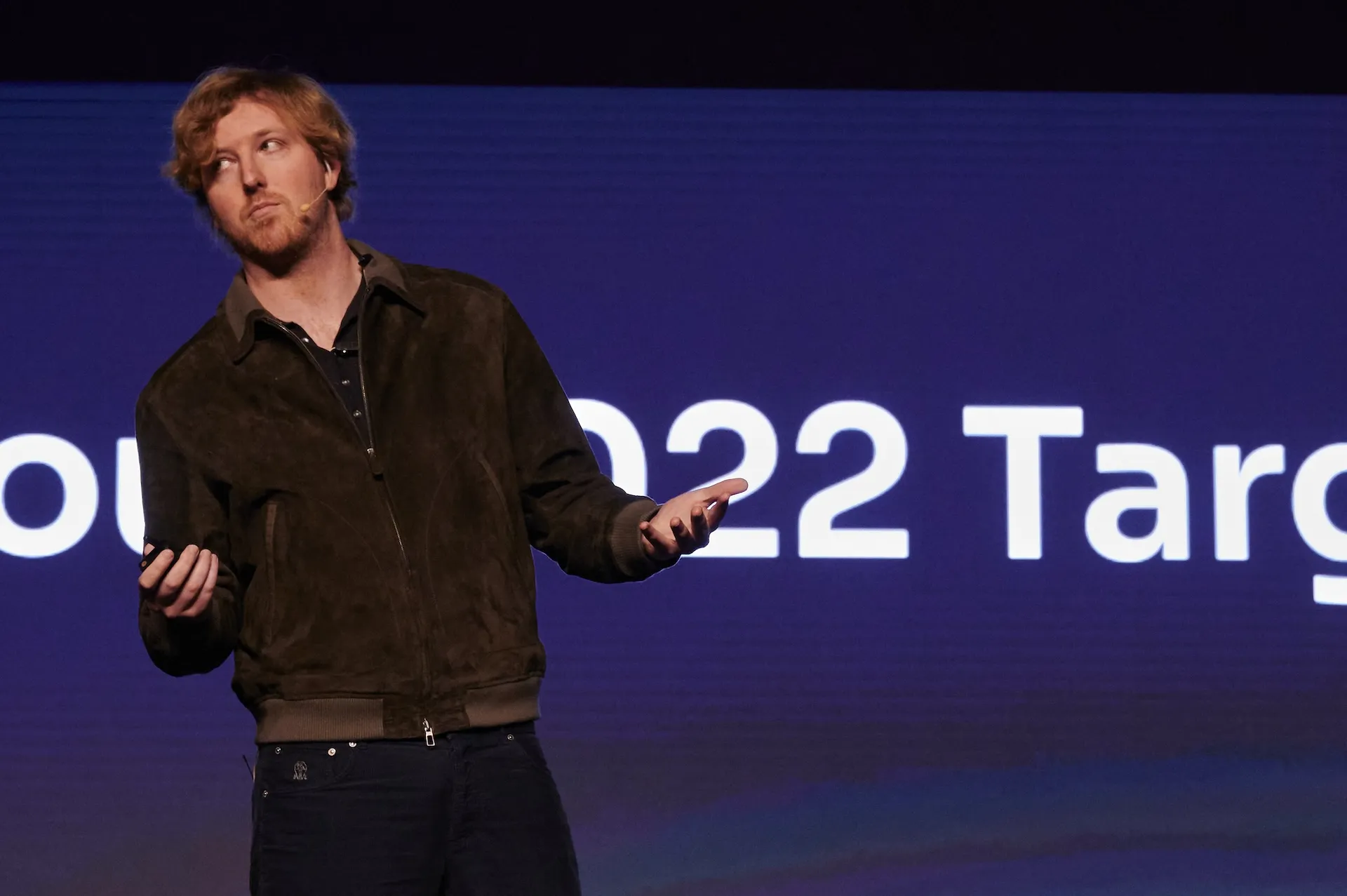
Austin Russell, the billionaire founder of lidar startup Luminar, has stepped down as CEO and board chair following an ethics investigation by the company’s audit committee. The announcement was made the same day Luminar released its Q1 earnings report.
The company has appointed Paul Ricci, former chairman and CEO of Nuance, as its new chief executive. According to Luminar’s board, Russell will remain a board member and assist Ricci during the leadership transition, particularly on technology matters. The board did not disclose details of the ethics inquiry but emphasized it did not impact Luminar’s financials.
Contradictory messaging in earnings report
Interestingly, he was still featured in Luminar’s Q1 earnings release, expressing optimism about the company’s direction and touting its new Halo product. His statement focused on production ramp-up, cost reduction, and future growth—without any mention of the leadership change.
However, a separate board-issued press release told a different story, confirming his resignation and introducing Ricci as the incoming CEO.
A Silicon Valley success story with a sudden turn
Russell founded Luminar in 2012 while a Thiel Fellow, receiving $100,000 to leave Stanford and develop advanced lidar systems. The company remained in stealth until 2017 and went public in 2021 via a SPAC deal that valued it at $3.4 billion.
The lidar startup quickly became a major player in the autonomous vehicle space, with Russell gaining recognition as one of the youngest self-made billionaires. His departure marks a major transition point for the company as it navigates both technological scaling and governance challenges.
Board stands behind new leadership
Board member Matt Simoncini praised Ricci’s technical and operational leadership, calling him the ideal person to guide Luminar into its next growth phase. The board’s audit committee—which includes executives from Lear, Nuance, and several investment firms—was responsible for the ethics inquiry that led to the leadership change.
While his vision helped build the company into an industry pioneer, his sudden exit raises questions about internal oversight and transparency at one of the sector’s most watched companies.


